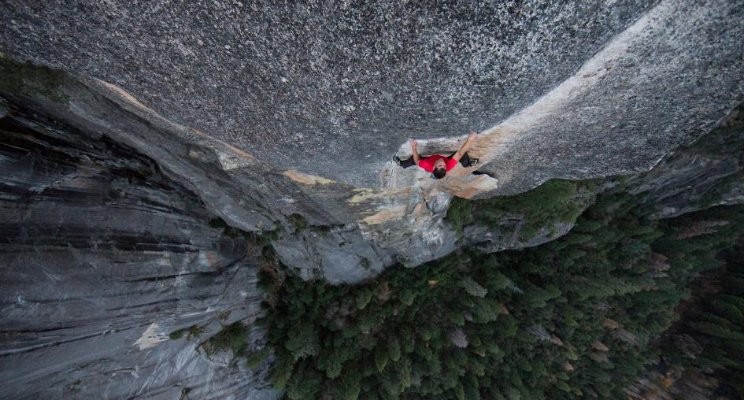
There are, in my mind, some similarities between free soloing and writing fiction. Both should be practised, preferably, in solitude. Other people are at best redundant, and at worst a major distraction. Both require focus, calmness and discipline. Both are completely useless (as in: there is no demand for it, the world is indifferent to it, nobody asked for it). And, here is the most interesting similarity, I think: both the soloist on the big wall and the writer facing the empty page must 'step out of fear' – in the expression of Alex Honnold in Free solo, a documentary about his ascend, without ropes or helpers, of El Capitan, a 900 meter high block of granite in Yosemite Park, California. It took him just short of 4 hours, and although I knew he would make it – I secretly betted my life on it – I felt a pit in my stomach when I saw him trying to traverse the euphemistically called 'Boulder Problem' near the end of the climb by way of the so called 'karate kick' (if he went for the jump, I would have left the movie theatre).
It's not a matter of overcoming fear, Honnold insists. It is a matter of stepping out of it, not letting it get into your consciousness. (It helps that this climber's brain has a amygdala that hardly reacts to anything, as is shown in a MRI-scan, so emotions tend not so much to interfere with his behavior.)
The fear writers of fiction have to deal with is not a mortal fear (except maybe in the case of Salman Rushdie), but a fear of their own demons, deepest insecurities, which may lead to a fear of madness, perhaps (at least in my case).
Free soloists are in search of perfection, actually, their lives depend on it, and in a way, this is true of (true) writers. It is not so much the margin of error (which is of course infinite in the case of writers), but in a way, if a fiction writer is taking his fiction writing seriously, he is fighting himself, just like a climber is fighting himself. Every word is a 'crimp', every sentence a ridge, every chapter a stop on the route to the top.
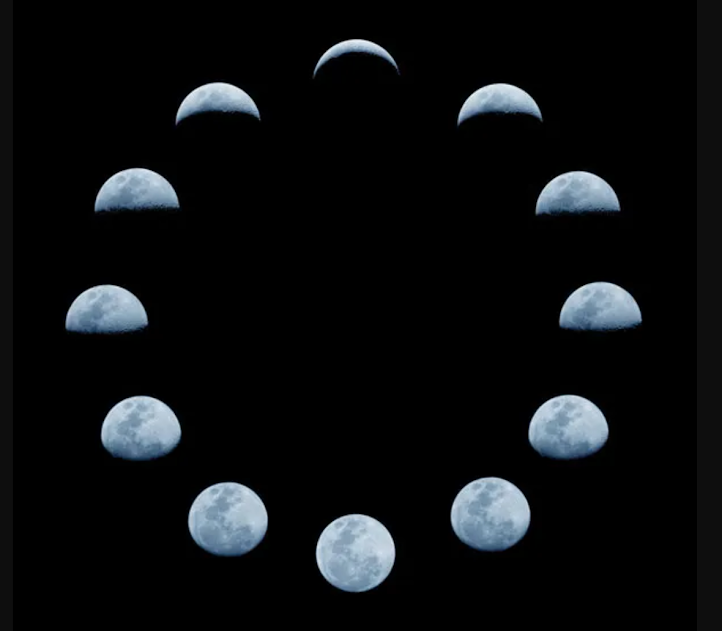
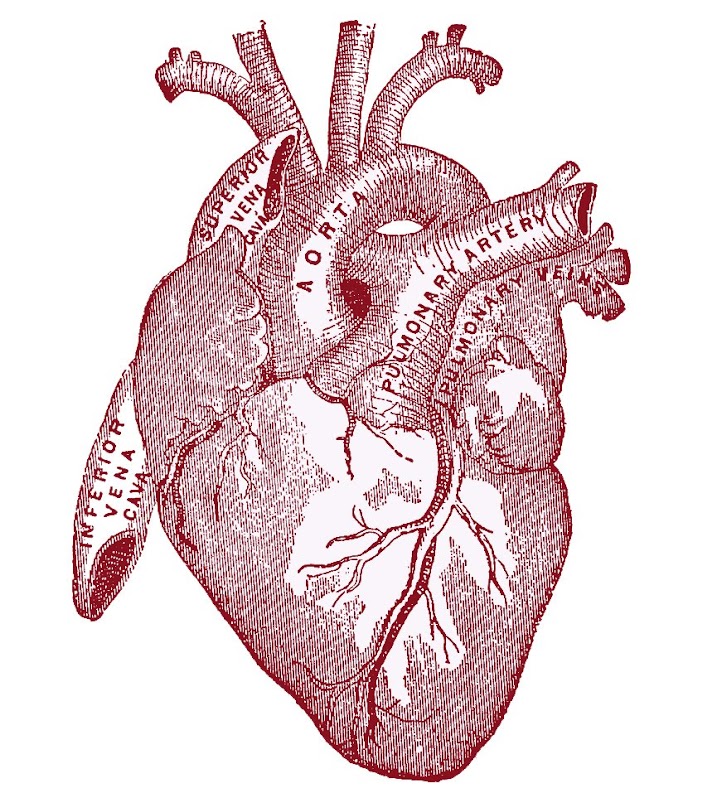

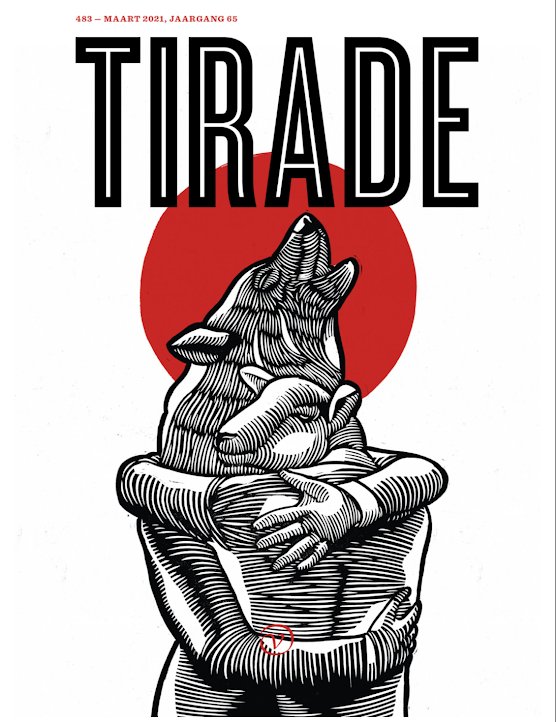




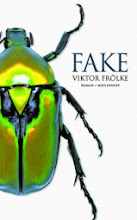
Mooi! Viel me wel op in de film dat die amygdala niet kleiner is zoals je zei maar minder actief op het moment dat er enge situaties op zn pad komen. En hij oppert zelf al dat al die jaren angst dat ding heeft versleten, wat wel een stuk stoerder is. En hij oefent El Cap ook totdat die laatste beetjes angst er uit zijn voordat hij m zonder touw doet. Ik ben best geobsedeerd door het geheel. Namelijk vanaf het begin van mn viool carrière viel me op dat de angst op het podium kon toeslaan uit het niets, en beleefde het letterlijk als hoogte vrees. Ik dacht doordat het podium licht was en de zaal donker. Maar misschien is er ook een soort oer angst. Want met dirigeren had ik het een keer toen ik een super beroemde virtuoze collaratura sopraan moest begeleiden, dat was heel spannend en voelde als hoogtevrees. Toen dacht ik ‘omdat ze zo hoog zingt’ maar nu denk ik dat het een soort basis angst gevoel is.. Jaap zegt altijd tegen leerlingen dat je geen relatie met je angst aan moet gaan. Is het er, prima, gewoon laten en niet op in gaan. Lijkt ook wel beetje op stepping out of fear. Als je Emily Harrington op YouTube zoekt met solo climbing El Cap dan zie je hoe het er uit ziet met angst. Zij heeft in het verleden vaker samen met hem geklommen. Maar als je dat vergelijkt, zij is gewoon constant verkrampt door angst op een niveau wat hij nooit heeft, amazing verschil, terwijl zij dus een vd beste klimmers is. Maar iets tot in de puntjes voorbereiden is natuurlijk wat musici ook doen. Elke noot als beweging tot in de treuren oefenen - letterlijk in slowmotion, achter naar voren, visualiseren etc etc. Dag in dag uit. Zodat je het op een onderbewust niveau - automatisch - uit kan voeren.
BeantwoordenVerwijderen